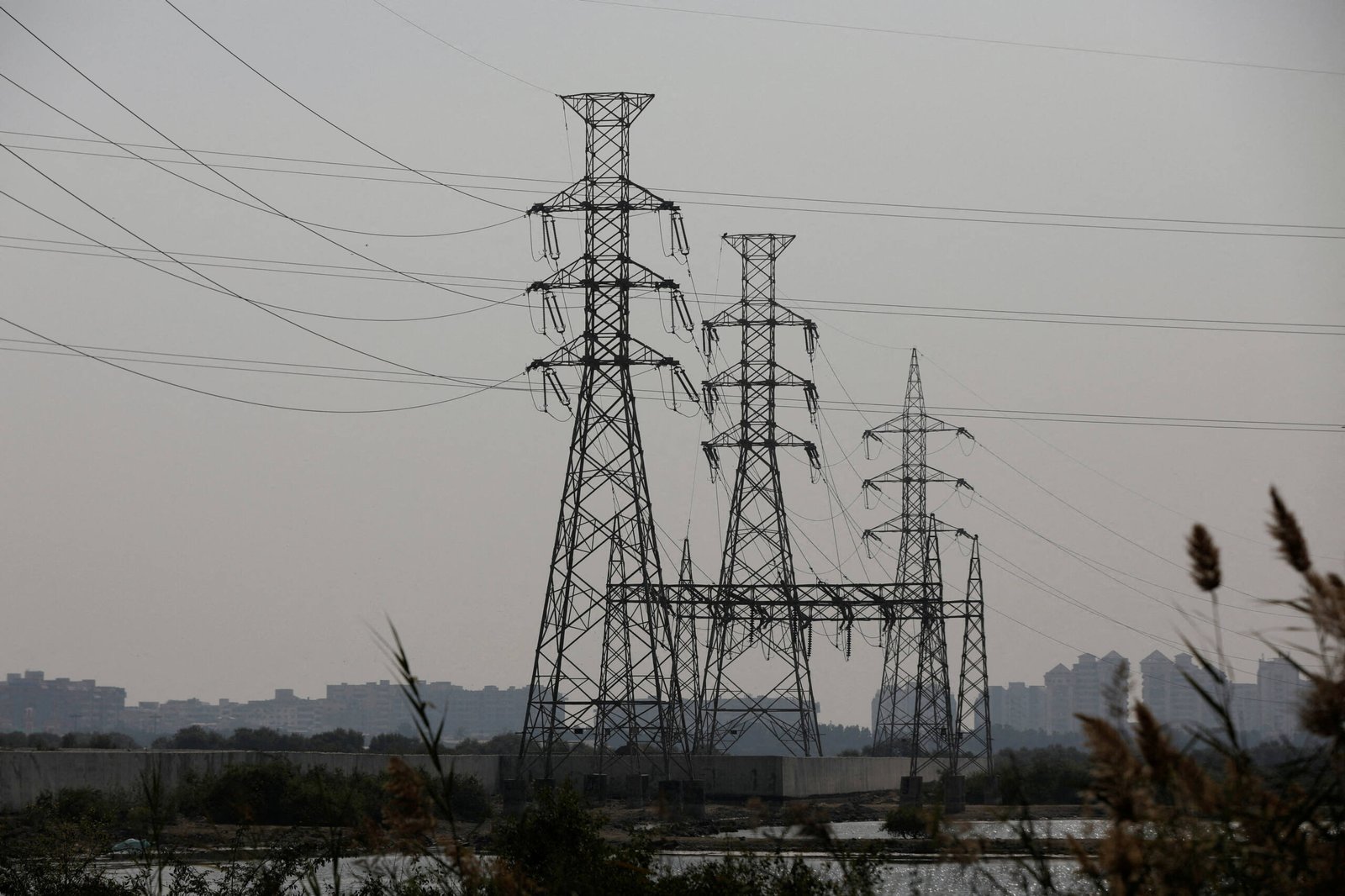The reduction in power consumption holds significance as an economic indicator in Pakistan’s developing economy.
Pakistan’s leading private utility company, Hub Power Co Ltd (Hubco), foresees a drop in the country’s electricity demand for the upcoming year due to increased tariffs and subdued industrial activity, as a senior executive to Reuters stated.
Last year, electricity demand in Pakistan decreased by almost one-sixth. If this trend continues in 2024, it would mark the first consecutive yearly decline in electricity usage in 16 years, according to data from energy research organization Ember.
Speaking at the Energy Summit 2024 conference in Karachi, Hubco’s Chief Financial Officer, Muhammad Saqib, highlighted the decline in industrial growth as a major factor behind the decrease in power consumption. He emphasized that the industry’s stagnation has led to what he termed as “demand destruction.”
The reduction in power consumption holds significance as an economic indicator in Pakistan’s developing economy. It reflects the challenges faced by the newly elected government, especially amidst the country’s high debt burden and growing dissatisfaction among the impoverished populace.
Saqib attributed the decline partly to the significant rise in consumer tariffs, which has prompted people to conserve energy to mitigate costs. The impact of last year’s International Monetary Fund bailout, which resulted in increased retail prices, including fuel and electricity charges, still affects lower and middle-class households.
Despite efforts to alleviate power shortages, Pakistan continues to face frequent electricity cuts, particularly in rural areas. Saqib cited grid issues, delays in fuel imports, and shortages of hard currency as contributing factors. However, he noted a recent reduction in the frequency of such outages.
He expressed concerns about the inefficiency of Pakistan’s electricity grid due to long-pending upgrades. This inefficiency leads to the continued use of expensive and polluting furnace oil, despite the availability of cheaper alternatives like natural gas. Saqib highlighted the country’s ample capacity for imported LNG but noted that grid constraints force reliance on furnace oil, especially during peak demand periods.
Pakistan aims to decrease its reliance on furnace oil for power generation and increase natural gas-fired electricity production. However, grid limitations may also hinder coal-fired power generation and subsequent coal imports. According to Saqib, Hubco’s power plants would require 3.5 million metric tons of imported coal annually at full capacity. However, due to transmission line limitations, coal imports are expected to remain below 750,000 tons this year.
Saqib emphasized the need for infrastructure upgrades to utilize cheaper fuel alternatives efficiently, stressing that despite being cost-effective, imported coal plants often remain underutilized due to transmission constraints compared to LNG-fired power plants.
